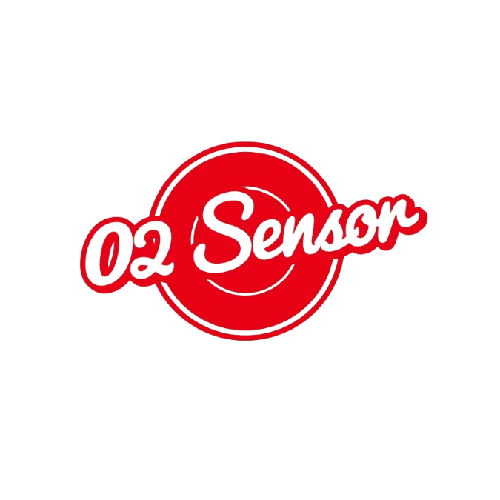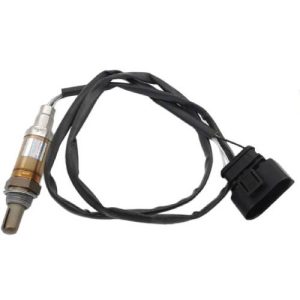Your cart is currently empty!
Can a bad oxygen sensor cause engine damage? What do I do with a bad oxygen sensor?
Greetings, automotive enthusiasts and curious drivers! In the intricate web of automotive components, the oxygen sensor—often referred to as the O2 sensor—holds a critical role. It's the watchful eye that monitors the exhaust gases and plays a key role in optimizing engine performance. In this article, we unravel a common concern: Can a bad oxygen sensor cause engine damage? Join us as we explore the intricate relationship between a malfunctioning oxygen sensor and the potential impacts on your vehicle's engine.

Can a Bad Oxygen Sensor Cause Engine Damage?
The Delicate Balance of Air and Fuel
The oxygen sensor's role is intrinsically tied to the air-fuel mixture that enters the engine's combustion chambers. It constantly measures the oxygen content in the exhaust gases and relays this information to the engine control module (ECM). The ECM then adjusts the air-fuel mixture to achieve the ideal ratio for efficient combustion. A bad oxygen sensor can disrupt this delicate balance, leading to incomplete combustion, increased fuel consumption, and potentially harmful engine emissions.
Effects on Catalytic Converters
One of the potential consequences of a bad oxygen sensor is the strain it places on the vehicle's catalytic converter. If the bad oxygen sensor fails to provide accurate data, the catalytic converter might receive incorrect instructions from the ECM. This can result in overheating and damage to the converter, leading to costly repairs down the line.
What Do I Do with a Bad Oxygen Sensor?
Diagnosing the Issue
Detecting a bad oxygen sensor involves paying attention to certain signs. Engine performance issues such as rough idling, poor acceleration, or increased fuel consumption could indicate a malfunctioning sensor. Additionally, warning lights such as the Check Engine Light might illuminate on the dashboard. It's crucial to address these symptoms promptly to prevent potential engine damage.
Professional Diagnosis for bad oxygen sensor
If you suspect a bad oxygen sensor, seeking professional diagnosis is recommended. Automotive technicians have the tools and expertise to accurately identify the faulty sensor and its impact on engine performance. If a malfunction is confirmed, replacing the sensor is essential to restore optimal engine efficiency and prevent further complications.
Conclusion
In conclusion, the question of whether a bad oxygen sensor can cause engine damage underscores the intricate nature of automotive systems. While a malfunctioning sensor might not directly cause catastrophic damage, it can lead to suboptimal engine performance and, in some cases, stress on vital components like catalytic converters. As responsible vehicle owners, addressing a bad oxygen sensor in a timely manner is essential to preserving engine health and efficiency. Remember, the oxygen sensor's role reaches beyond its size—it's a guardian of combustion efficiency, emission control, and your vehicle's overall well-being. Embrace the insights provided by automotive technology, and drive on with confidence, knowing that your vehicle's performance is optimized by the precision of a well-functioning oxygen sensor.






Leave a Reply